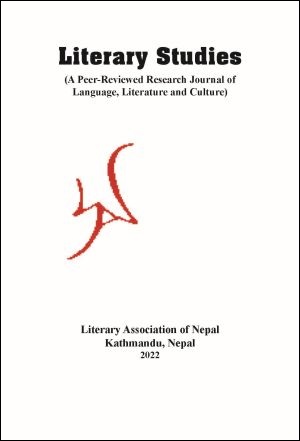The Journey from Essence to Existence in Lao Tzu’s Tao Te Ching
DOI:
https://doi.org/10.3126/litstud.v35i01.43678Keywords:
Choice, essence, evolved individual, existance, facticity, TaoAbstract
This article examines Lao Tzu’s classical work Tao Te Ching with the concepts of essence and existence that predominantly guide the philosophy of existence propounded by Jean-Paul Sartre. Tao Te Ching provides the way to pursuit identity in the world. It centralizes on the making of the self. To cultivate the identity, one should face the realitie. Then one realizes that existence antecedes the essence because one becomes what one chooses. Essence is simply biological and not the destiny rather what we create out of multiple choices construct our individuality. This realization is the perfect way to be an evolved individual. This is another way of defining the concept of existence delivered by Tzu and Sartre. Likewise, both Tzu and Sartre agree that human exists at first. His/her existential journey starts with the materialization of facticity that s/he crisscrosses in the world. All these aspects are the fundamentals of Tao Te Ching and Sartre’s philosophy of existence. This paper becomes a landmark to perceive how the philosophical beats vibrate equally both in classical work and modern philosophy. To examine all these concepts, the article has used the textual analysis method, following the paradigm of qualitative approach to research.
Downloads
Downloads
Published
How to Cite
Issue
Section
License
© Literary Association of Nepal (LAN)

